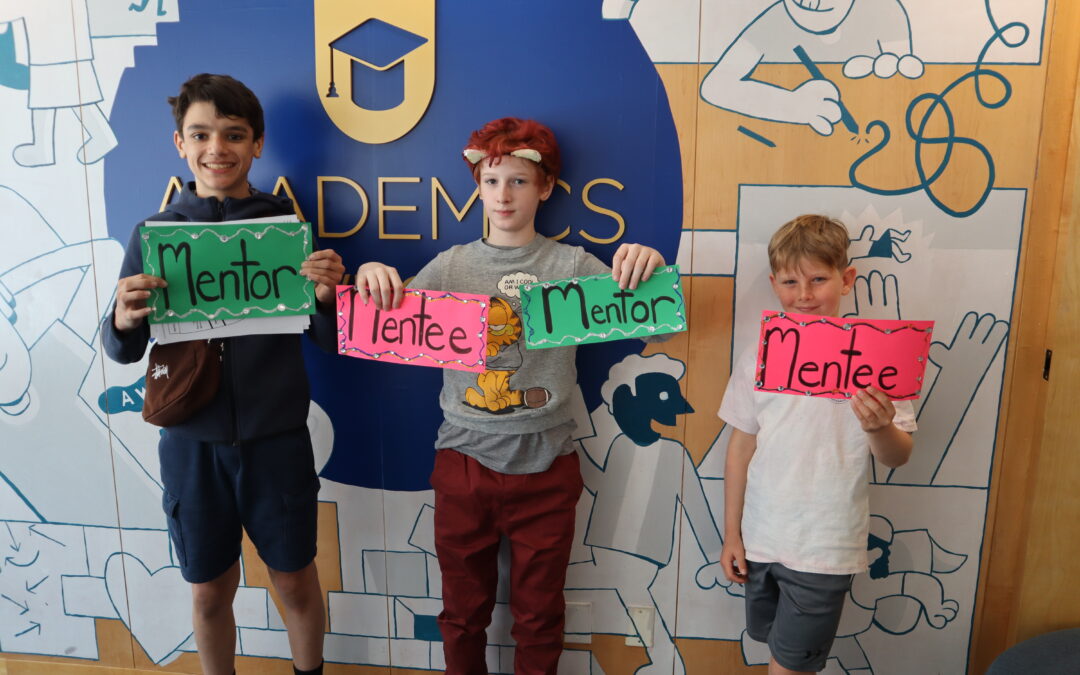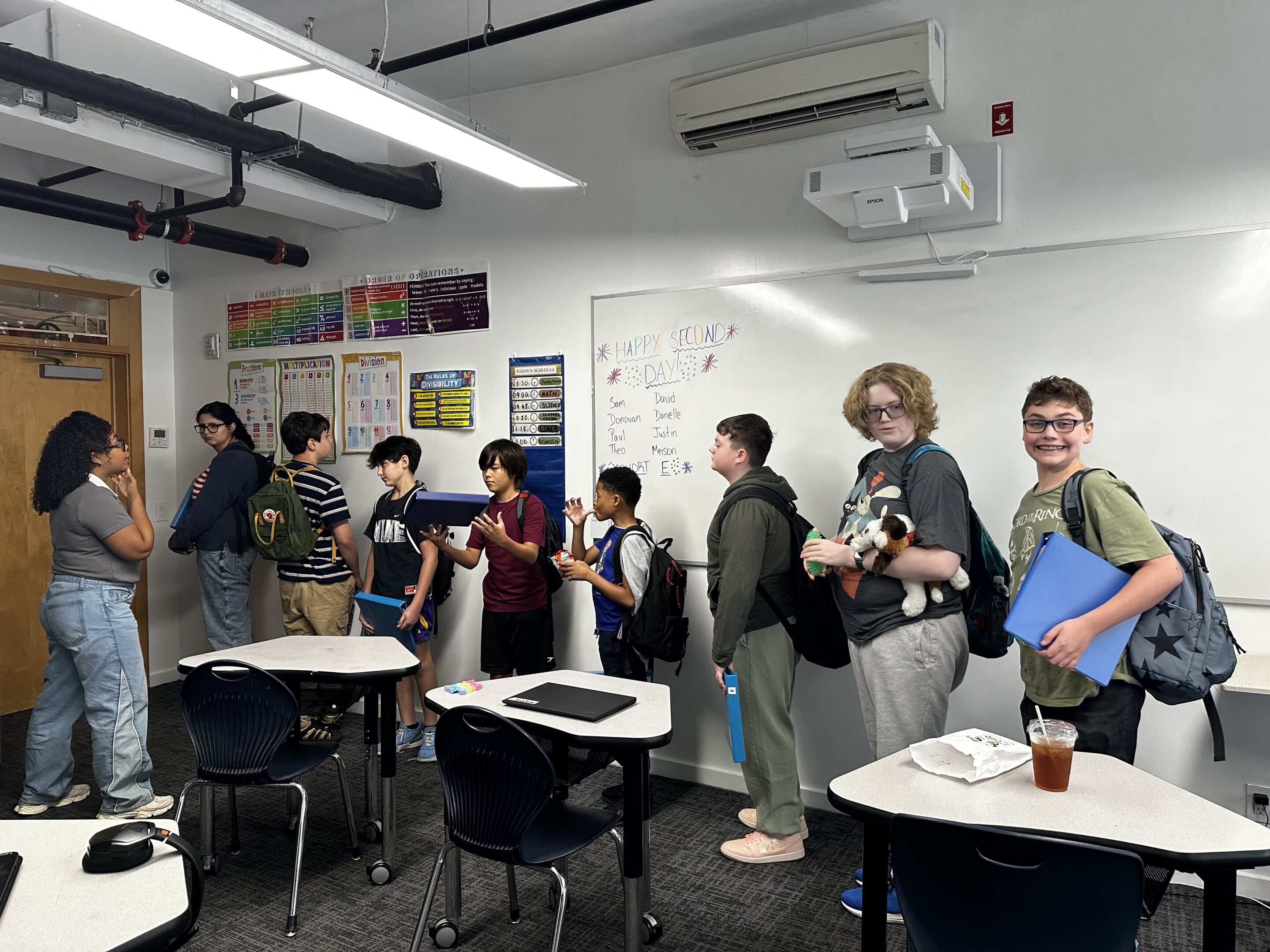Your family just sat down to watch a movie. Your oldest two children settle in, but your eight-year-old daughter just won’t sit still. You realize this is becoming a pattern. Then, you remember a remark that her teacher made at your last conference. You mention your concerns to the pediatrician. After some referrals and further testing, your daughter is diagnosed with Attention Deficit Hyperactivity Disorder (ADHD). What now?
Many parents wonder how an ADHD diagnosis will affect their child’s education. The good news is that there are many options to support today’s students.
This article explains what ADHD is and how it can affect learning. It also outlines what an ADHD school in New York can do to help your child.
What is ADHD?
ADHD is a developmental disorder that affects focus. As the name implies, hyperactivity can sometimes lead to a lack of focus. Hyperactivity is shown when students can’t seem to sit still or squirm when required to remain seated. This is the type of behavior most people think of when they think of ADHD.
However, hyperactivity is not the only type of ADHD. A common type of ADHD, particularly in girls, is shown by inattention. Instead of fidgeting, the student might daydream. These students are also easily distracted by others. Their work likely has many simple errors.
Finally, ADHD can be shown through impulsivity. These children cannot control themselves. It’s hard for them to wait for their turn or control their reactions.
Why ADHD is Often Misunderstood
ADHD is misunderstood for many reasons. Unfortunately, since the condition was identified, a number of false beliefs have spread. However, most of these have no scientific support. For example, while ADHD is a real condition that has been studied by scientists for decades, some claim it isn’t “real.” Instead, they claim that ADHD is something that can be “cured” through parenting, diet, or discipline, none of which is true. In reality:
- ADHD is a biological condition. While certain parenting moves (e.g., having solid schedules) can help, parenting cannot cause or cure the underlying biology.
- ADHD is not caused by diet. Though people once thought that sugary snacks could make children “hyper,” this has been debunked. Also, even if sugar were a cause, it wouldn’t matter to a child with ADHD, as sugar cannot change the biology of a person’s brain.
- ADHD is not overdiagnosed. To be sure, ADHD diagnoses have increased in the past decades. However, this is more about changing diagnostic criteria and increasing awareness of what to look for among teachers, pediatricians, and parents. In short, just as the police can’t find the right suspect with a bad description, now that our description of ADHD has improved, more children are being assessed instead of being missed.
How ADHD Affects School Performance
Children with ADHD can be very bright. Yet, because of issues with working memory and focus, they may have lower test scores and grades. Also, impulsiveness and other issues may complicate their problems with their peers. With all of these issues, it’s unsurprising that students with ADHD are at higher risk of dropping out of school.
What Does an ADHD-Supportive Schooling Look Like?
Children with ADHD tend to struggle with executive functioning. Executive function refers to the mental processes that allow the brain to plan, prioritize, control impulses, and manage emotions. Clearly, difficulty with planning and prioritizing can lead to missed deadlines and other homework issues.
To help children with ADHD, it’s important to provide support that addresses their specific executive functioning issues. Support might include actions such as:
- Assigning seats to minimize noise or visual distractions
- Providing easily viewable schedules and agendas
- Using consistent and predictable classroom routines
- Helping students “chunk” longer assignments into shorter pieces
- Reducing homework or other assignments
- Giving daily or weekly backpack or locker checks
- Allowing noise-reducing headphones during independent work periods
- Scheduling movement breaks throughout the school day
How Therapeutic Schools Approach ADHD
Students with ADHD can thrive in many environments, but as noted above, many need support. While these supports can be provided through an Individualized Education Plan (IEP) or a 504 Plan in a typical school, therapeutic schools take additional, more in-depth steps to help their students. For example:
- Therapeutic schools have smaller class sizes than typical schools. This allows more individualized attention and feedback to help the child stay on track.
- Typical schools generally have one counselor who is charged with helping hundreds of students. Therapeutic schools have multiple counselors and mental health professionals on staff. This allows therapeutic schools to provide more support for the emotional issues that often come with ADHD, as well as executive functioning.
- Standard schools don’t regularly reach out to parents beyond report card distributions. Therapeutic schools make a point of contacting parents regularly.
- While IEPs and 504 plans at standard schools usually require a discussion of the child’s post-graduation plans, therapeutic schools actively help students prepare for college or their chosen vocation.
- At a typical school, the implementation of IEPs and 504 plans can vary from year to year depending on the classroom teacher or staff. (In middle or high school, the process can become more complex as students change classrooms multiple times per day.) However, therapeutic schools use centralized case management systems, so all teachers know your child’s plans. Even better, at therapeutic schools, staff are trained to implement these plans. They know the techniques that might be mentioned in the plan, such as movement breaks. And while standard teachers might not be aware of the latest approaches to ADHD, therapeutic teachers and staff are up to date on the latest assistive technologies and other supports.
- At mainstream schools, students may be “pulled out” for additional support, or a teacher may “push in” to the classroom to provide help. However, other students may notice these movements. This can create stigma. But at therapeutic schools, everyone follows the same process, so no student is singled out from their peers.
Considering a Therapeutic School for Your ADHD Child?
ADHD can present many challenges inside and outside of the classroom. But with the proper support, your child can achieve their academic and emotional goals. If you live in New York and are looking for an ADHD school in New York City, consider Academics West. We use wrap-around services to ensure that our students get quality support at every point of the school day. Take a virtual tour today! Then call 212-580-0080 or click here to visit us on the Upper West Side.

